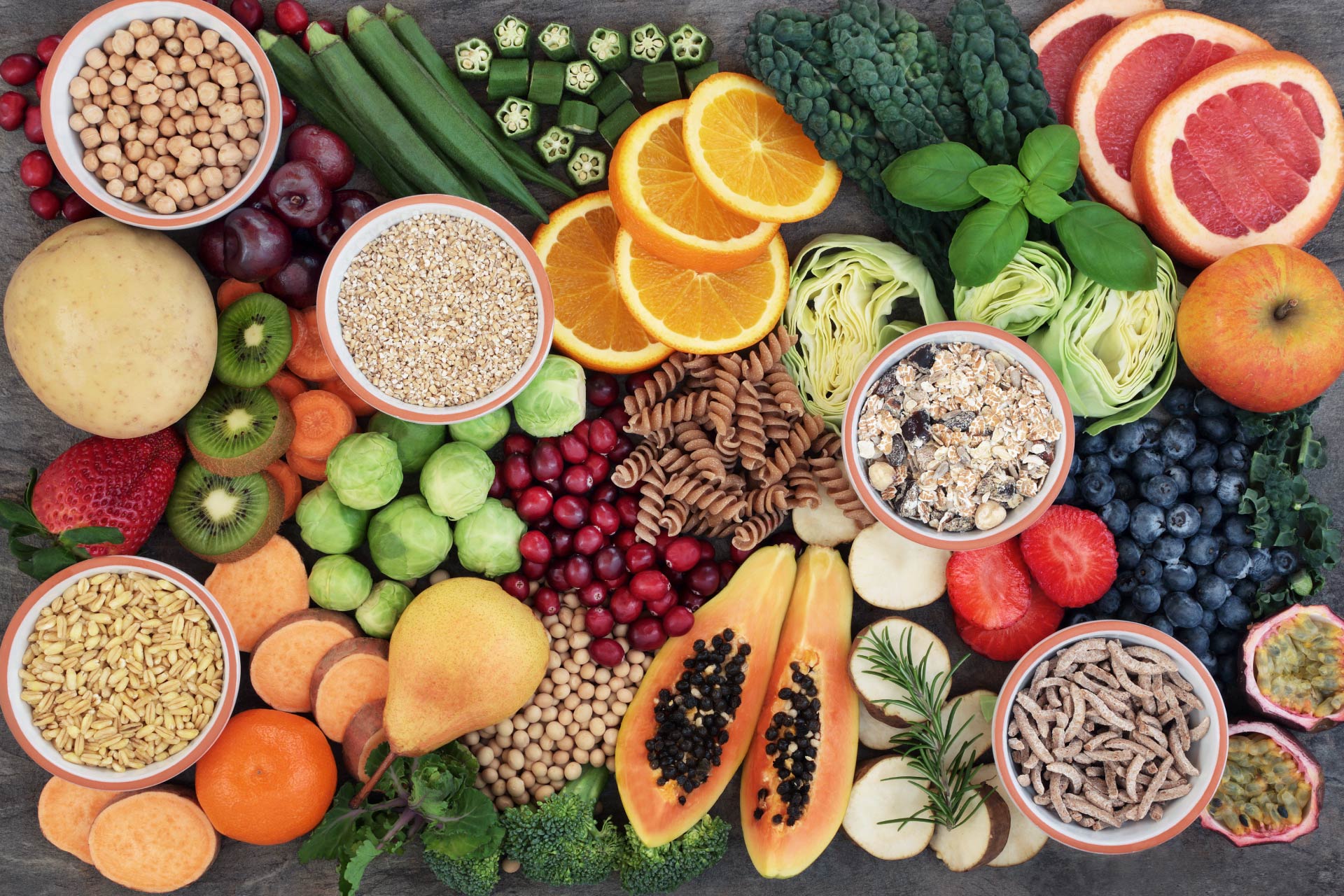• Fiber effects
• Recovery plan
What is already known on this topic
The gut microbiota produces small molecules, including short-chain fatty acids and modified bile acids, that can play roles not only in digestion but also in a series of conditions — from intestinal diseases to autism. However, little is known about how the microbial production of metabolites affects the set of small-molecule chemicals found within the plasma, known as the plasma metabolome.What this research adds
Since gut microbiota metabolites are influenced by the diet, researchers analyzed how three different diets — vegan, omnivore, and an artificial liquid diet with no fiber — affected the human gut microbiota, the levels of gut metabolites, and the plasma metabolome. Omnivore and vegan diets, but not the artificial liquid diet, altered fecal amino acid levels by promoting the growth of Firmicutes, which are able to metabolize amino acids. All three diets had only a modest effect on the plasma metabolome.Conclusion
The findings suggest that dietary fiber can influence the production of several microbial metabolites that may modify health.
The gut microbiota produces small molecules that can play roles not only in digestion but also in a series of conditions — from intestinal diseases to autism. Now, researchers have found that dietary fiber could influence the production of several microbial metabolites in ways that may modify health.
The findings, published in Cell Host & Microbe, could help to understand how diet-dependent microbial metabolites affect human health and disease. They could also have a direct impact on treatment strategies for people who consume diets low in fibers and whose gut microbiota has been disrupted.
Scientists have known that diet can influence the production of microbial metabolites. But little is known about how these metabolites affect the set of small-molecule chemicals found within the plasma, known as the plasma metabolome.
To address this question, researchers led by James Lewis and Gary Wu at the University of Pennsylvania analyzed how three different diets — vegan, omnivore, and an artificial liquid diet with no fiber — affected the human gut microbiota, the levels of gut metabolites, and the plasma metabolome.
Fiber effects
The microbiota and the metabolome were compared during three phases: a dietary phase (days 1–5), an antibiotic treatment aimed at reducing the numbers of bacteria in the gut (days 6–8), and a recovery phase (days 9–15).
Compared to the vegan and omnivore diets, the liquid diet lacking fiber led to a substantial change in the microbiota composition within 3 days of the dietary phase, including an increase in Rumincoccus gnavus and R. torques and a decrease in Clostridia.
Upon recovery, the microbiota of people fed a liquid diet with no fiber showed higher levels of Proteobacteria than Bacteroidetes or Firmicutes, whereas the microbiota of people on vegan and omnivore diets quickly recovered the pre-treatment levels of Bacteroidetes and Firmicutes.
Recovery plan
The researchers hypothesized that the absence of dietary fiber within the liquid diet could explain the delayed recovery of Bacteroidetes and Firmicutes. So they set out to analyze the levels of genes involved in the degradation of fiber and the production of short-chain fatty acids.
During the recovery phase, the recovery of a key gene involved in the production of the short-chain fatty acid butyrate was slower in people fed the liquid diet than in those fed the omnivore diet.
On the other hand, people on omnivore and vegan diets, who upon recovery recovered normal levels of Firmicutes, had increased fecal levels of amino acids. Firmicutes are known to be able to metabolize amino acids. All three diets had only a modest effect on the plasma metabolome.
“By characterizing the effect of three different diets in a controlled feeding experiment, we show the importance of dietary fiber on both the composition and metabolite production of the human gut microbiome,” the researchers say. Usually, the authors note, the lack of dietary fiber leads to the expansion of Clostridium bacteria. But when gut microbes are depleted with antibiotics, fiber appears to play a key role in the recovery of the microbiota with an effect on several metabolites, they say.









